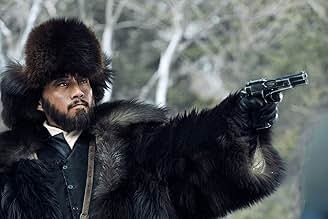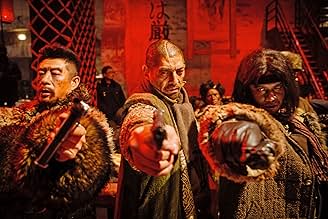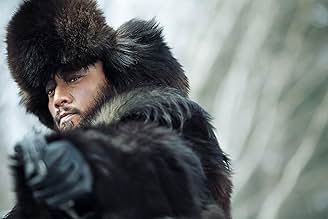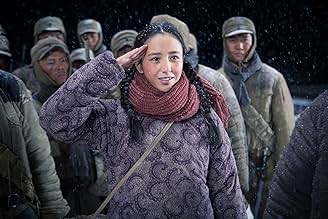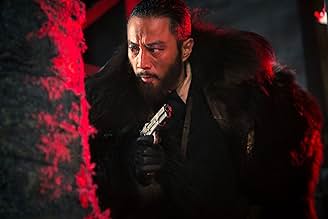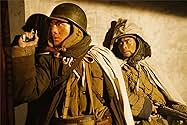La Bataille de la montagne du Tigre
Titre original : Zhi qu wei hu shan
Une histoire qui raconte le conflit entre une escouade de l'Armée populaire de libération et une troupe de bandits dans le nord-est de la Chine pendant la révolution chinoise.Une histoire qui raconte le conflit entre une escouade de l'Armée populaire de libération et une troupe de bandits dans le nord-est de la Chine pendant la révolution chinoise.Une histoire qui raconte le conflit entre une escouade de l'Armée populaire de libération et une troupe de bandits dans le nord-est de la Chine pendant la révolution chinoise.



